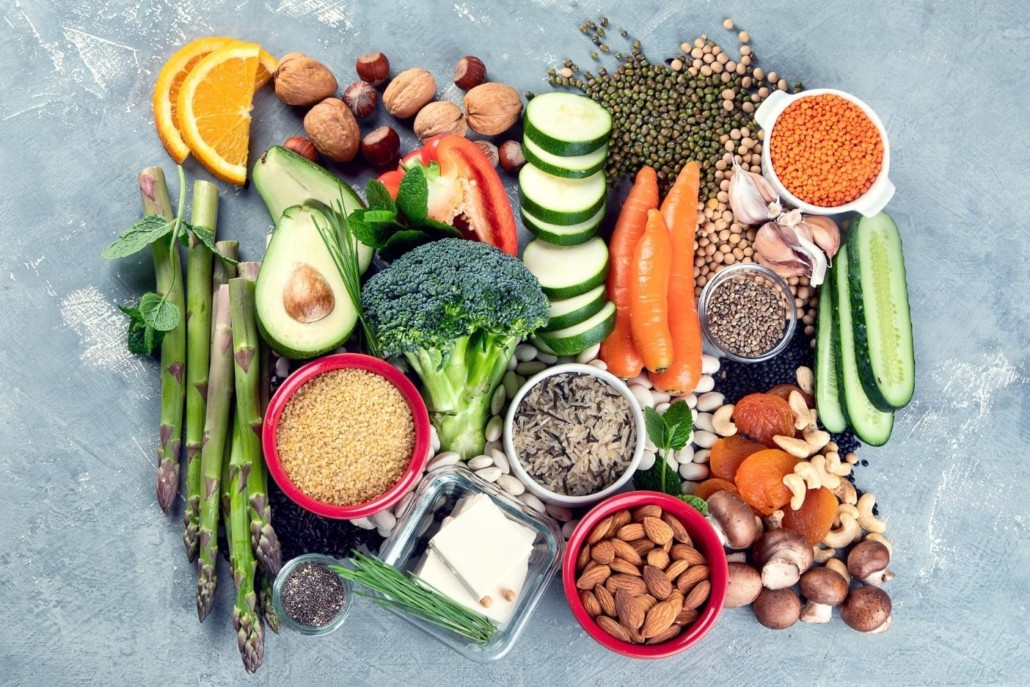Marathon Nutrition
Marathon Nutrition
When you are asking your body to run high numbers of miles you need to ensure that you fuel it properly, before, during and after running.
And, despite the fact that you are burning a lot of calories (about 100 calories per mile), and your body is craving for some instant energy, you still need to ensure your marathon nutrition is providing you with the right energy.
You will still need to keep your fat intake to 30 percent or less of your daily food consumption, with most of the energy being provided by carbohydrates and 12-15 percent of the daily intake coming from protein-rich food – to help the muscles repair and regenerate.

Carbohydrates are an important component of marathon nutrition because they are stored in the body as muscle glycogen. This is the body’s preferred form of energy and while the glycogen levels are sufficient, your energy levels remain high and your body will function well. When glycogen levels fall below a certain level then fatigue sets in and your performance will deteriorate. As a marathon runner you can expect your body to need re-fuelling after 90 minutes of continuous exercise but it is better to restock the glycogen levels before you hit that stage.
The best sources of carbohydrates are grain products such as rice, pasta, cereal and bread, lentil and beans (wholemeal if possible), but fruit, vegetable and low fat dairy products are also rich in carbohydrates. In terms of daily amounts needed, a guide would be to multiply your body weight in kilograms by 7. Your carbohydrate intake should be 60-70 per cent of your total calories. Therefore, a 70kg person would need the carbohydrate equivalent of 15 bananas!
Your training will involve runs that are more than 90 minutes long and it is important that you get your marathon nutrition organised to cope with these demands on your body’s energy stores. Carrying energy gel bars or cereal bars are most people’s answer to the nutrition problem and these can be carried in easy-to-access belt bags, along with a sports drink and water. As part of your marathon preparation you should be eating on the run long before your actual event. This will help you get used to certain foods and recognise when you need to eat.
You will find, as you clock up the miles, that your appetite at meal times is much more voracious than it used to be. This is completely normal, but if you first began to run to lose weight, the thought of eating more may fill you with dread. At this point you must re-assess your reasons for running. It is unlikely that, if you are training for a marathon, you will be anything but lean in frame but you still need to ensure you are eating the correct foods, just more of them. At the end of a run you may well feel like stuffing down a cake or a large chocolate bar but these are empty calories and will do nothing for your performance or your health. There are times when these foods may be appropriate as a treat but to eat sweets and cakes on a regular basis will not provide your body with the fuel it needs.
Expert advice on marathon nutrition is available from a number of running websites, (see C25K for more information), but generally, nutritionists agree that a high intake of fruit and vegetables is important when you are exercising regularly. The vitamins and minerals they supply support the immune system, so you are less likely to pick up colds and infections. The more bright and varied your intake the better.
Re-fuelling following a run is very important, 30 minutes after a run is when your glycogen stores are most receptive. Combine protein with your carbohydrate and your replenishment of glycogen stores is maximised – recent research suggests that a milk-based drink after exercise speeds recovery.
Food for thought
Here are some food types that are excellent sources of energy for marathon nutrition:
Carbohydrate – grain products – wholemeal pasta, bread, rice; dried beans – lentils and beans; vegetables and vegetable juice; fruit and fruit juice.
Protein – lean meat, poultry, fish, cheese, tofu, eggs and low fat dairy products.
Fat – choose those that are low in saturated fat, such as avocados, nuts and products cooked/dressed in olive oil or rapeseed oil. Dark chocolate is also recommended as an energy source for runners.
It is also worth exploding the caffeine myth at this point. Research has indicated that caffeine has a positive effect on endurance athletes. It enhances flexibility, reduces fatigue and improves mental focus. Drinking caffeine 60-90 minutes before you run can be beneficial.
Some final thoughts on marathon nutrition during the actual event:
- Do eat breakfast
- Don’t be adventurous – stick to tried and tested foods
- Do start to consume energy bars after about 8-10 miles
- Do eat a carbohydrate/protein mix after the race



